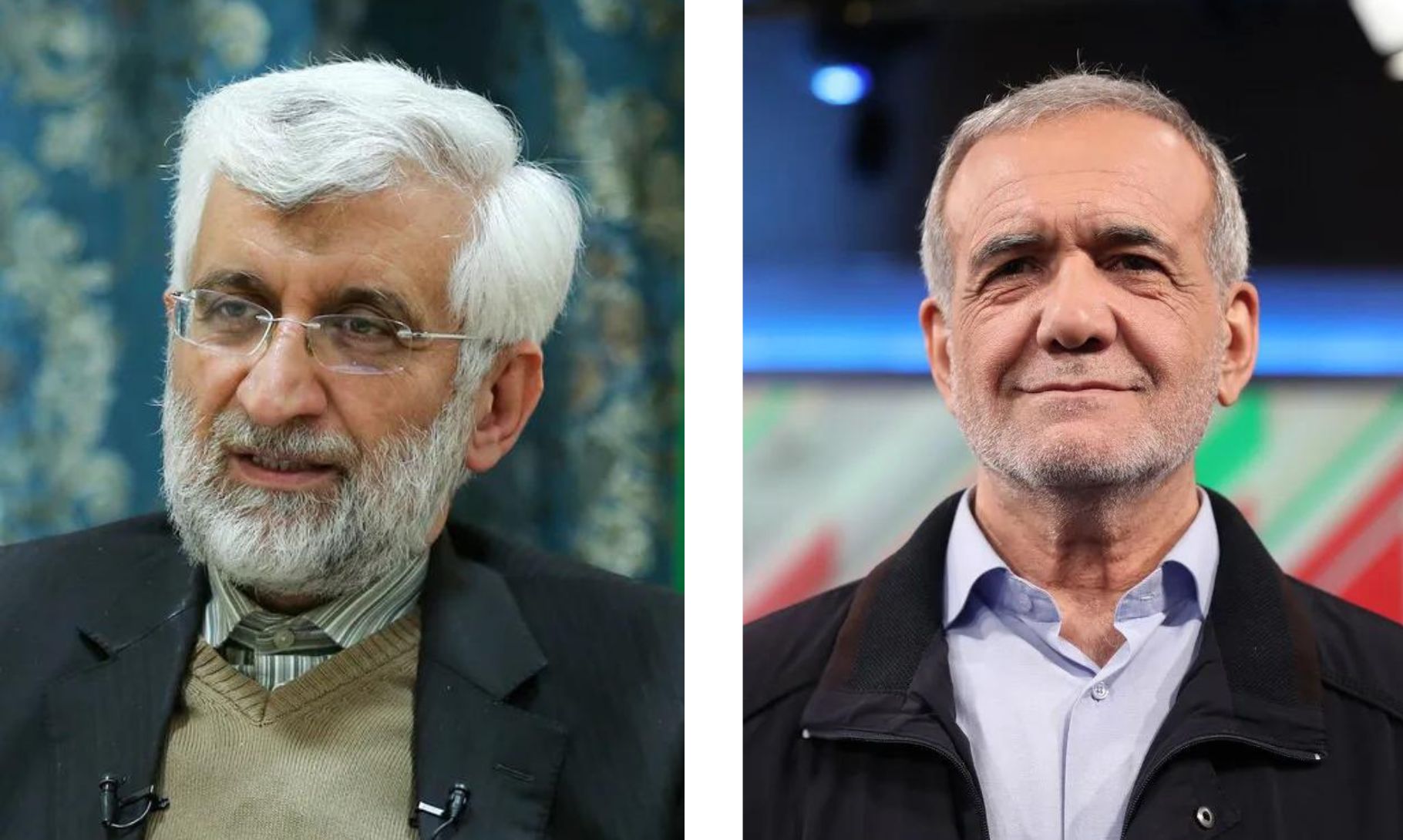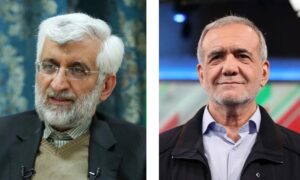Iran is preparing for a run-off Presidential election, only its second since the 1979 Islamic Revolution, following a first-round voter turnout of just 39.9%. This low turnout, criticized by Supreme Leader Ayatollah Ali Khamenei over two decades ago, shows that many Iranians are disillusioned with their political system.
The upcoming election, set for Friday, features hard-line former nuclear negotiator Saeed Jalili against reformist Masoud Pezeshkian, a heart surgeon facing a tough challenge in the middle of widespread public dissatisfaction. Economic hardships, high inflation, and unemployment, along with government crackdowns on dissent and strained relations with the West, have intensified tensions across Iran.
Public discontent has grown due to events like the 2022 death of Mahsa Amini, which led to protests against the morality police’s enforcement of women’s dress codes. These incidents highlight broader dissatisfaction with the government’s policies and its handling of civil liberties.
In the first round of voting, Masoud Pezeshkian received 10.4 million votes, making him the leading candidate. Saeed Jalili followed closely with 9.4 million votes, while Mohammad Bagher Qalibaf, the parliament speaker, secured 3.3 million votes. Shiite cleric Mostafa Pourmohammadi received over 206,000 votes. The rejection of more than 1 million ballots, often used to protest against all candidates, reflects widespread disillusionment among voters.
Critics of Jalili warn he may bring back stricter policies, while Pezeshkian’s supporters hope for a more moderate and inclusive government. Many Iranians doubt whether voting can bring real change, given the limits of Iran’s political system.
The upcoming election’s outcome will shape Iran’s path, amid internal dissatisfaction and international scrutiny on issues like its nuclear program. The next president will face challenges in dealing with economic problems, social issues, and navigating Iran’s relations with the world.













